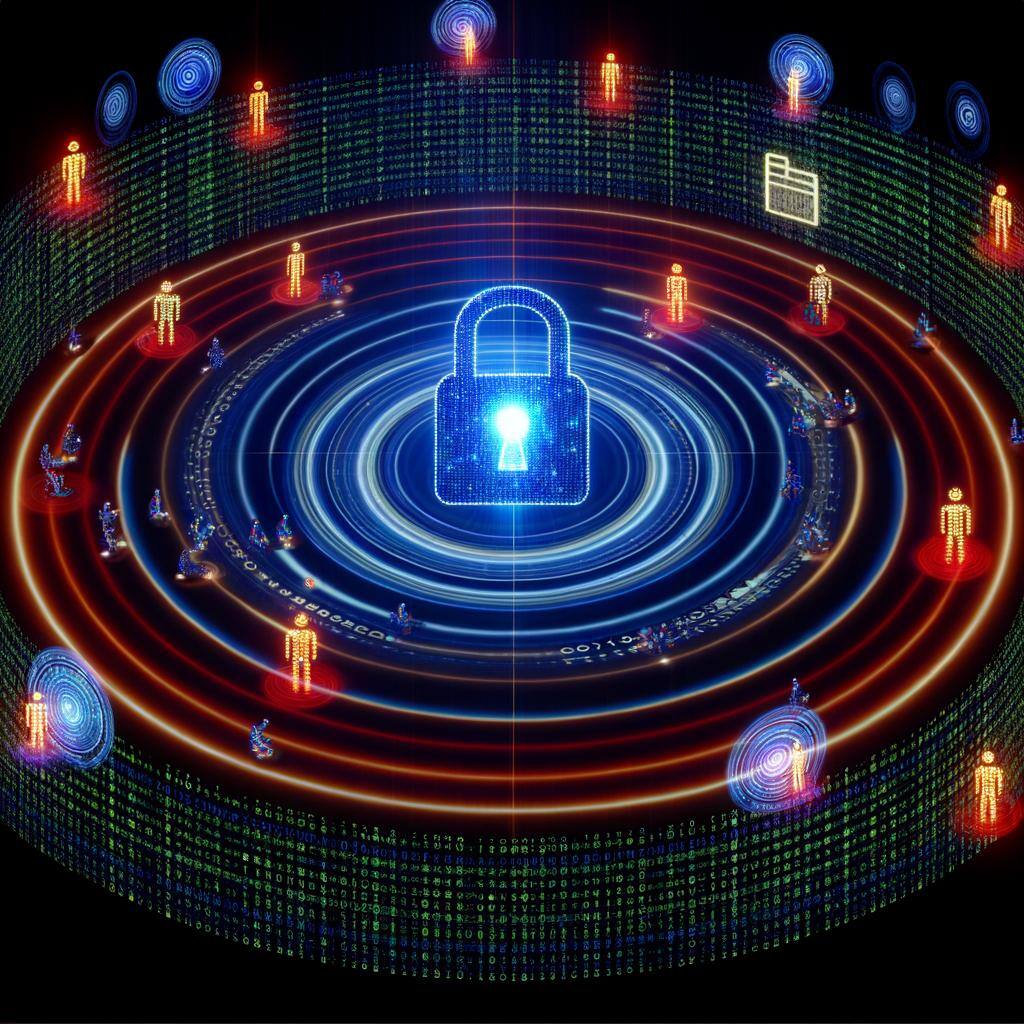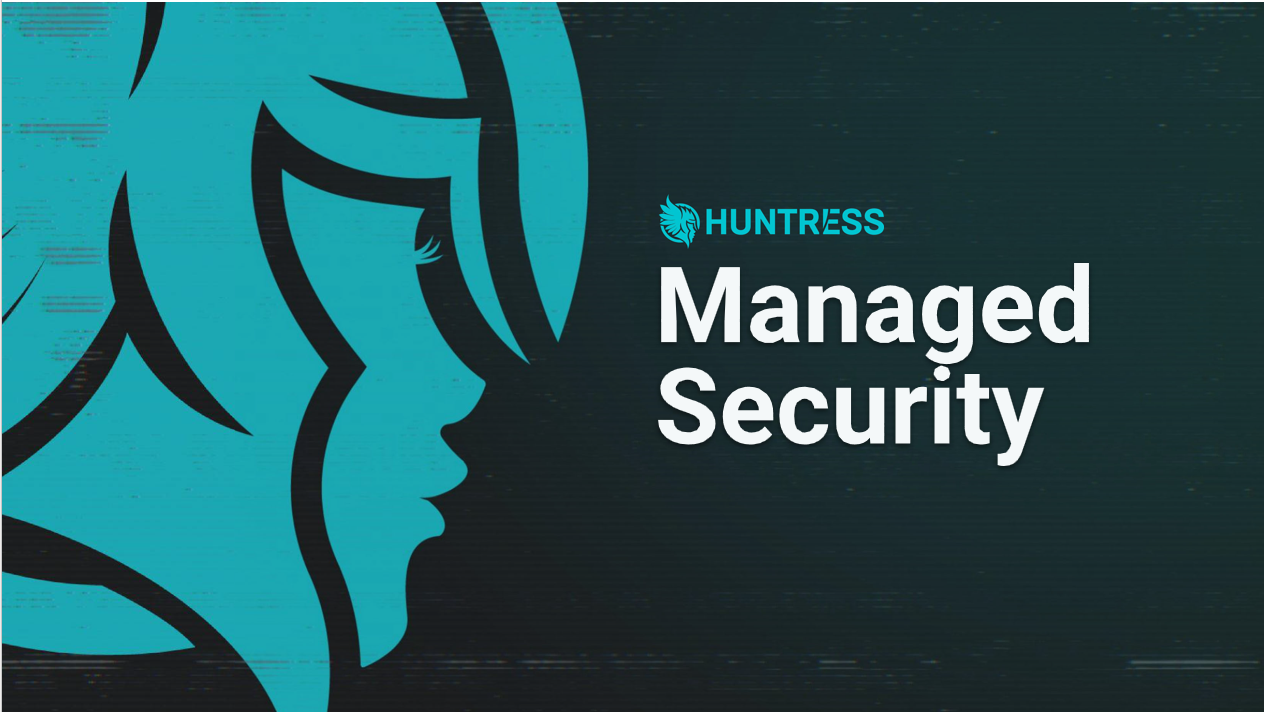Lessons from CrowdStrike Incident
In an era where cyber threats are growing more sophisticated and ubiquitous, even the most well-established cybersecurity companies are not immune to...

Learn how Multi-Factor Authentication (MFA) can enhance the security of software and email logins.
Multi-Factor Authentication (MFA) is a security measure that requires users to provide two or more forms of verification before gaining access to their accounts - particularly email or other sensitive accounts . These factors typically fall into three categories:
By combining two or more of these factors, MFA significantly enhances the security of online accounts and helps prevent unauthorized access even if passwords are compromised.
In today's cyber climate is it extremely important to make sure that your company has MFA setup for your most critical applications.
The importance of Multi-Factor Authentication
Passwords can be compromised through various means, including phishing attacks, brute force attacks, or data breaches. In the event that your password is exposed, having an additional layer of authentication through MFA adds an extra barrier for attackers, making it significantly harder for them to gain access to your accounts.
Many of us store sensitive information, such as financial data or personal documents, in our online accounts. MFA adds an additional safeguard to ensure that only authorized individuals can access this information, reducing the risk of identity theft and financial fraud.
Social engineering attacks rely on manipulating individuals into divulging confidential information or performing certain actions. MFA helps mitigate the success of such attacks by adding an extra layer of verification, making it more challenging for attackers to impersonate legitimate users.
For organizations that handle sensitive data or operate in regulated industries, implementing MFA is often a requirement to comply with industry standards and data protection regulations such as GDPR (General Data Protection Regulation) and HIPAA (Health Insurance Portability and Accountability Act).
Security: Google Authenticator generates unique, time-sensitive codes that are used for MFA. These codes are not stored online or transmitted over the internet, providing an added layer of security compared to SMS-based codes.
Offline Access: Since Google Authenticator does not rely on an internet connection to generate codes, users can still access their accounts even when they are offline, making it a reliable option in areas with limited connectivity.
Compatibility: Google Authenticator is compatible with a wide range of websites, services, and applications that support MFA, making it a versatile solution for securing various accounts.
User-Friendly Interface: The app features a simple and intuitive interface, making it easy for users to set up and manage their MFA tokens without the need for extensive technical knowledge.
Cross-Platform Support: Google Authenticator is available for both iOS and Android devices, ensuring that users can access their MFA codes regardless of their preferred mobile platform.
Integration with Microsoft Ecosystem: Microsoft Authenticator seamlessly integrates with Microsoft accounts and services, providing a convenient MFA solution for users of Outlook, Office 365, Azure, and other Microsoft products.
Push Notifications: In addition to generating time-based codes, Microsoft Authenticator offers push notifications for authentication requests, allowing users to approve or deny login attempts directly from their mobile devices with a simple tap.
Biometric Authentication: Microsoft Authenticator supports biometric authentication methods such as fingerprint and facial recognition, enhancing security and convenience for users who prefer these authentication methods.
Backup and Recovery: Microsoft Authenticator allows users to back up their MFA tokens securely to the cloud, making it easier to restore tokens in case of device loss or upgrade. This feature ensures continuity of access to accounts without the risk of losing MFA settings.
Enterprise Features: For organizations, Microsoft Authenticator offers additional enterprise features such as conditional access policies and integration with Azure Active Directory, enabling administrators to enforce security policies and manage user access more effectively.
If you have any questions on how to implement these security standards for your business, Veroot can help! Please click on the "Learn More" button or contact us via email at cyber@veroot.com.

In an era where cyber threats are growing more sophisticated and ubiquitous, even the most well-established cybersecurity companies are not immune to...
 Read More
Read More

In the ever-evolving landscape of cybersecurity threats, email remains one of the most common vectors for attacks. Cybercriminals continuously refine...